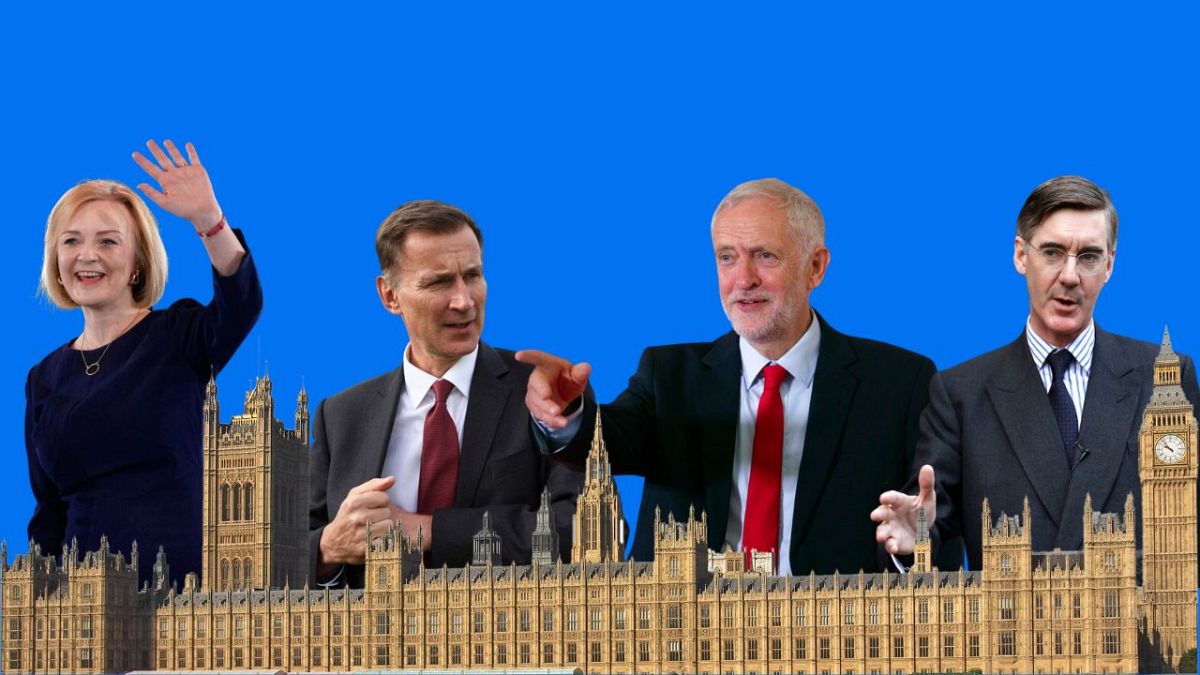Labour leader Keir Starmer and his party have secured a historic victory in the UK elections, prompting a significant shift in the country’s political landscape. The Conservatives, on the other hand, are facing a major defeat with eight cabinet secretaries losing their seats. Starmer’s call for change resonated with voters who were tired of the scandals and lack of progress seen in recent years. His promises to end the politics of performance and focus on public service have garnered significant support.
The electoral results saw high-profile Conservative figures losing their seats, including former Cabinet ministers and staunch Brexit supporters. The survival rate of Conservative MPs was lower than that of second-class Titanic passengers, highlighting the extent of the party’s losses. The political upheaval extended across party lines, affecting figures from the Scottish National Party, Liberal Democrats, and Nigel Farage’s Reform Party. Even former Prime Minister Theresa May faced changes in her political career.
The UK’s political system, with its first-past-the-post voting system, delivered radical results in this election. While larger parties like Labour and the Conservatives dominated, smaller parties like Reform or the Greens struggled to secure seats despite gaining significant votes. The Brexit revolution, which was a central issue in the election, has had significant consequences for its key proponents within the Conservative Party. With the UK officially out of the EU, the country faces crucial decisions on its economic model and global positioning.
The Conservatives now find themselves at a crossroads, with significant losses suggesting a need for introspection and reform within the party. Some former Conservative figures have called for a return to political center ground and a focus on the people’s values. However, internal divisions within the party may mirror those seen in France’s center-right party, which faced a similar dilemma about joining forces with the far-right. The next Conservative leader will be tasked with resolving these tough dilemmas and guiding the party through this period of uncertainty.
In conclusion, Keir Starmer and the Labour Party’s victory in the UK elections have signaled a desire for change and a break from the political scandals of recent years. The Conservatives, faced with significant losses and high-profile departures, are grappling with how to move forward in a political landscape that has undergone a seismic shift. The impact of Brexit, the rise of smaller parties, and internal party divisions all contribute to the challenges facing UK politics in the aftermath of this momentous election. The choices made by both Labour and the Conservatives in the coming months will shape the future of the country and its place on the global stage.











